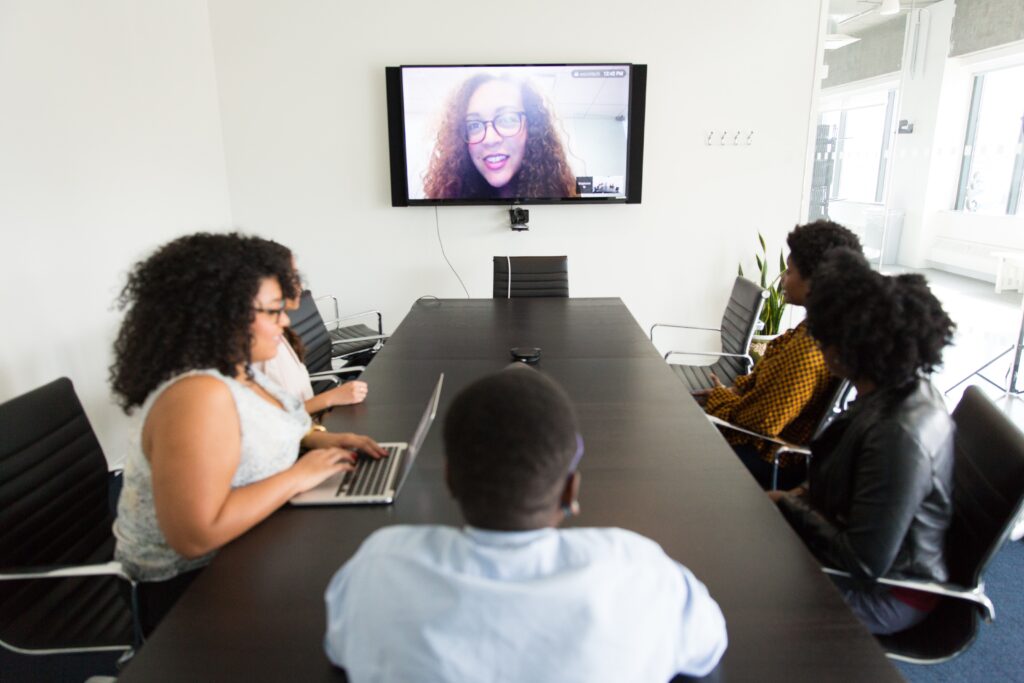Free Training & Career Tips... Subscribe to Get Weekly Career Tips

By Subscribing You are Agreeing to Terms and Conditions
Over the past few years, several changes have affected the workplace landscape and it follows that numerous factors have influenced the Learning and Development arena. Changes to the workplace that include a shift towards hybrid and remote work models have transformed the way we look at training. Advances in technology, and a world fraught with change has also led to greater concern for the wellbeing and mental health of employees. And the fact remains that great change has affected our personal and professional lives and is shaping how we approach Learning and Development as a whole.
Current trends in Learning and Development mirror the efforts of businesses toward adapting to new ways of working. Hence, training now addresses everything from an increasing reliance on digital solutions to dealing with more specialised roles, and with an emphasis on ensuring the wellbeing of employees. Even though these ideas are not exactly new to the training arena at large, they are now in the spotlight and have an even greater influence on how employees are trained. Here are the main emerging trends as to how employees are being trained as is seen not only on our local shores but across the globe.

The global shift towards digital-first interactions, from remote and hybrid work models to virtual collaboration and e-commerce means that digital skills have become more critical than ever to businesses across the globe. This means that the need to embrace and adopt the right technologies is paramount. Yet, employees also need to be comfortable and up to speed in using these technologies. Therefore, keeping your business at the forefront, means that management, leadership, and employees alike need to understand and apply these technologies to enhance processes. Inevitably, this translates into a greater focus than ever on digital literacy. Arguably, the need for digital skills in today’s workplace is no longer an option, it is a must. To enable your team to stay abreast of growing digital technologies training in new technologies and processes is at the top of the agenda.
Embracing lifelong learning as a dedicated approach helps employees to better handle their job responsibilities and boost their levels of engagement when training. For example, extending training beyond the onboarding process and making it a dedicated and ongoing pursuit enables staff to keep up with the latest content and skills relating to their roles. Hence, employees will become more effective and fulfilled in their work. Businesses will reap the rewards stemming from a skilled and dedicated workforce. Customising training initiatives towards the learners themselves ensures that employees are more confident in performing their specific roles. A better Learning Management System (LMS) allows you to prepare your team for the future as job roles trend towards becoming more specialised. Here are a few tips to make the most of your Learning and Development strategy in terms of making it more customised and continuous.
As businesses and individuals alike re-evaluate the importance of creating a work-life balance, the types of training programs that need to be adopted will not always be job specific. The trend is towards a greater focus on supporting employee health and wellbeing. Since remote and hybrid work models started to kick in, the spotlight has been on the importance of employee health and wellbeing. Increased levels of burnout over the past few years have also highlighted the genuine risk of employee stress and overwork, health, and happiness. Hence, more training should be offered around improving the physical, mental, and financial health of employees. This can take the form of skills development in terms of improving the working environment as well as personal wellness. Such can include:
Any successful business has a culture of sound leadership at its core. Conversely, poor leadership inevitably leads to low employee engagement and high staff turnover rates. Organisations that are serious about retaining top talent will equip their leaders with the relevant skills to improve teamwork, enhance the employee experience and foster a safe working environment. Such skills help leaders not only to inspire their teams but also to manage and resolve conflict, effectively delegate, and make sound decisions. Providing leadership training as a critical factor in the development of employees ensures a pool of suitably qualified candidates who can be promoted from within the organisation.
For training to set the stage for future success companies should continue to consistently adapt and support their employees when dealing with change, new technologies and new trends emerging into the workplace. Employees that have access to relevant training will be more satisfied in their work and hence, employee retention will be enhanced.
Reference sources: www.spiceworks.com
Copyright text 2024 by Business Optimization Training Institute.